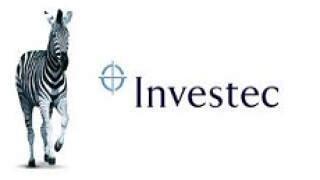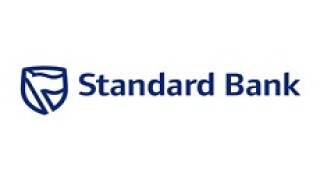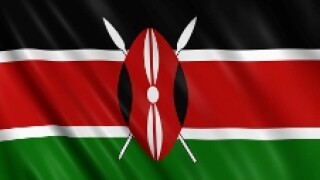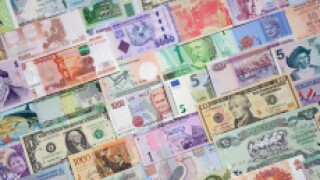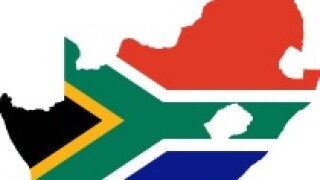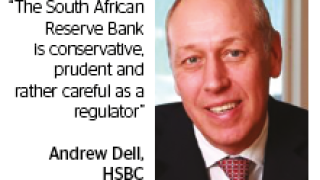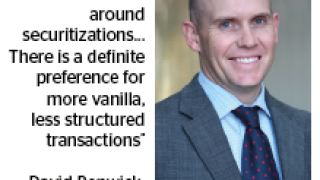South Africa
-
Sappi Papier, the Austrian-South African paper manufacturer, sold €350m of secured notes at 4% to refinance its 2021 dollar bond, in a European high yield market that has brought forward its post-Easter pipeline of deals.
-
The $400m loan for South Africa's Investec Bank will be oversubscribed, despite the bank being put on review for a downgrade, according to a banker on the deal.
-
Sappi Papier, the Austrian-South African paper manufacturer, is seeking to issue €350m of secured notes to refinance its 2021 dollar bond, in a European high yield market that has brought forward its post-Easter pipeline of deals.
-
Standard Bank of South Africa launched syndication for its loan with a whopping eight banks leading the deal, including four Chinese firms and HSBC.
-
Standard Bank Kenya (Stanbic CfC) is paying around 45bp more for its latest loan than when it last issued, less than a year ago.
-
Standard Bank is in the market for two loans, a $750m deal for Standard Bank of South Africa and a deal for its Kenyan subsidiary, Stanbic Kenya, according to bankers.
-
Markit is preparing to launch what it said will be the first tradable emerging markets interest rate swap index.
-
Standard Bank is in the market for two loans, a $750m deal for Standard Bank of South Africa and a deal for its Kenyan subsidiary, Stanbic Kenya, according to bankers.
-
Renaissance Capital has opened a new office in Cape Town, South Africa.
-
South Africa has strong links to the rest of the continent and a ready-made hub in Johannesburg’s business district. But is it doing enough to fulfil its potential? Chris Wright reports
-
South Africa’s well capitalised banks are profitable despite strong economic headwinds, but obstacles remain as the country’s financial institutions look for long-term and stable sources of funding. Tyler Davies reports.
-
A strong institutional investor base, high liquidity and a wide variety of instruments make South Africa’s domestic bond market one of the most sophisticated in the developing world. Lucy Fitzgeorge-Parker reports.


